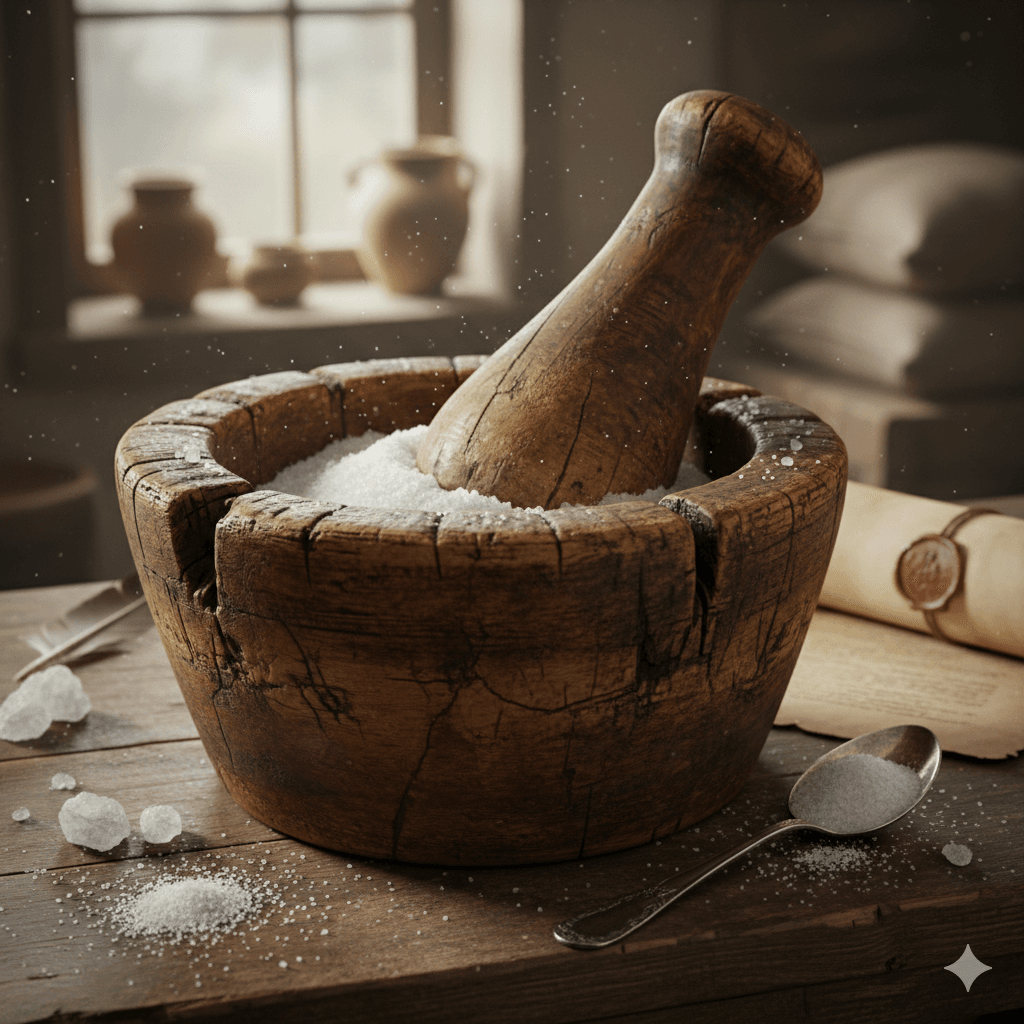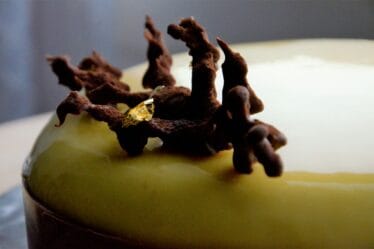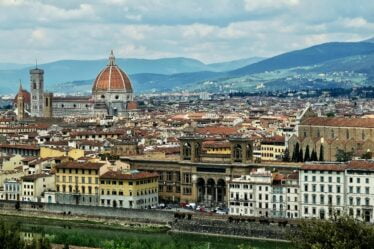

The history of commerce is often hidden in plain sight, tucked away within the salt shakers on our dining tables. A fascinating English parchment dated November 16, 1564, reveals a unique privilege granted to a Florentine gentleman named Tommaso Baroncelli. While he was primarily known as a banker, Baroncelli’s influence extended far beyond finance. He moved to Flanders, married into the wealthy Gualterotti merchant family, and eventually secured a monopoly that changed the culinary landscape of Tudor England. Queen Elizabeth’s Salty Secret
The Art of Refinement
In the 16th century, salt was far more than a seasoning; it was a strategic resource and a source of life. However, the “refined” white salt preferred by the elite required a rigorous and expensive process. This involved multiple stages of evaporation and washing in specialized tanks to achieve pure crystals. Consequently, this high-quality product was transported via ships to ports and then moved inland by mule or river barge.
Because every county or Duchy through which the salt passed demanded a heavy duty, the cost skyrocketed. This historical reality gave birth to common expressions we still use today. When we say a price is “salty” or refer to our monthly “salary” (derived from the Latin salarium), we are echoing a time when salt was as precious as gold.
Queen Elizabeth’s Salty Secret
The demand for high-purity salt was so great that Queen Elizabeth’s Salty Secret became a matter of state patent. She awarded Tommaso Baroncelli a decree allowing him to establish the “art of refinement and white salt in England, like that of Florence.” This 20-year monopoly made him an English citizen and the sole provider of refined rock salt (salgemma) across all English properties.
This refined salt was often beaten in mortars until it became an impalpable dust. Because of the labor-intensive production, it was valued at seven times the price of standard market salt. This lucrative deal did not go unnoticed back home; the Florentine people, perhaps out of envy, even wrote a satirical rhyme about Baroncelli’s success:
“Il sale delle moie di Volterra, piacque sì a Elisabetta d’Inghilterra…”
(The salt from the springs of Volterra so pleased Elizabeth of England…)
Cultural and Spiritual Significance
Beyond the economy, salt held deep symbolic weight. In ancient religions, it was a staple of sacrifices, and in early Christianity, it was used to signify purification during baptism. Even Jesus famously referred to his disciples as the “salt of the earth.” Furthermore, the linguistic roots of the word connect it to salus (health) and salutare (to wish good health).
It is no wonder that Queen Elizabeth’s Salty Secret involved bringing the superior Italian techniques to British shores. The fear of spilling salt—still considered bad luck today—stems directly from the immense cost of these refined processing and delivery phases.
Discover Renaissance History in Florence
If you are captivated by the stories of merchants like Baroncelli, there is no better way to learn than by walking the streets where these dynasties began. Queen Elizabeth’s Salty Secret is just one of many tales waiting to be told in the cradle of the Renaissance.
Join us for a Florence Free Walking Tour to uncover the secrets of the Medici, the bankers, and the adventurous merchants of the 16th century. We begin our journey at Santa Maria Novella Square, right in front of the Minerva Hotel. Let us guide you through the history that shaped the modern world.
Further Research
To dive deeper into the history of salt and the Tudor era, explore these resources:



